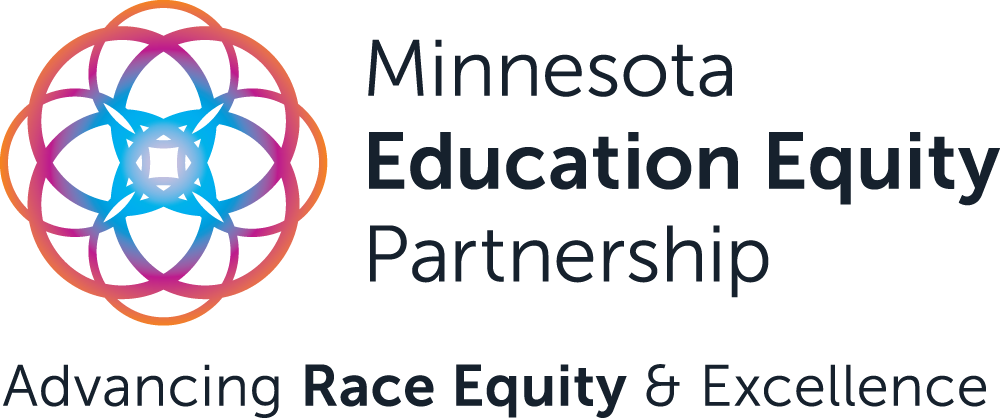Disaggregated Data
Disaggregating data means breaking down information into smaller subpopulations. For instance, breaking data down into racial/ethnic categories. Disaggregating student data into subpopulations can help schools and communities plan appropriate programs, decide which evidence-based interventions to select (i.e. have they been evaluated with the target population), use limited resources where they are needed most, and see important trends in behavior and…
